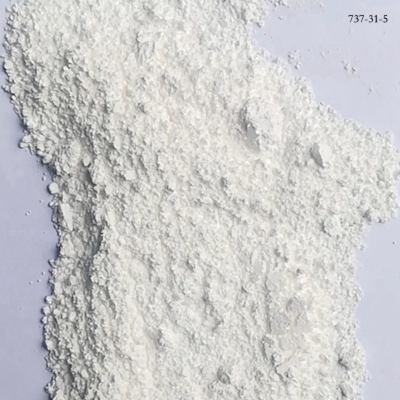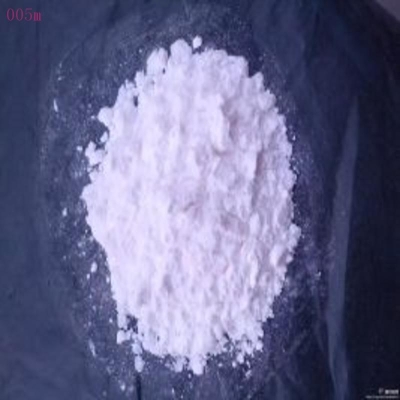-
Categories
-
Pharmaceutical Intermediates
-
Active Pharmaceutical Ingredients
-
Food Additives
- Industrial Coatings
- Agrochemicals
- Dyes and Pigments
- Surfactant
- Flavors and Fragrances
- Chemical Reagents
- Catalyst and Auxiliary
- Natural Products
- Inorganic Chemistry
-
Organic Chemistry
-
Biochemical Engineering
- Analytical Chemistry
-
Cosmetic Ingredient
- Water Treatment Chemical
-
Pharmaceutical Intermediates
Promotion
ECHEMI Mall
Wholesale
Weekly Price
Exhibition
News
-
Trade Service
Today, the authoritative academic journal "Nature-Medical" published an exciting clinical trial result: a blind patient was diagnosed with retinitis pigmentosa 40 years ago.
Professor José-Alain Sahel, a well-known ophthalmologist from the University of Pittsburgh, is the first author and co-corresponding author of this study.
Retinitis pigmentosa is a neurodegenerative eye disease in which patients usually begin to have vision deterioration during childhood.
The research paper pointed out that "this report is the first case of neurodegenerative diseases that have been partially restored after optogenetic therapy.
In the past ten years, Professor Sahel and Professor Roska have led pioneering work using optogenetics to help visually impaired patients restore visual function.
The scientists used the harmless adeno-associated virus (AAV) as a vector to send the genetic instructions encoding the light-sensitive protein ChrimsonR into one eye of the patient, with the goal of transforming the ganglion cells in the fovea of the retina.
Therefore, the patient needs to wear a special goggles.
▲Special goggles (picture source: reference [1])
▲Special goggles (picture source: reference [1])The patient reported this time is the first participant in this clinical trial.
In the next few months, after a number of tests, the researchers confirmed that the visual function of this retinitis pigmentosa patient has been more and more obviously restored.
The Phase 1/2a clinical study of this optogenetic therapy is still in progress.
Note: The original text has been deleted
Reference
Reference[1] José-Alain Sahel et al.
[1] José-Alain Sahel et al.
[2] With engineered proteins, scientists use optogenetics for the first time to help a blind patient see again.
Retrieved May 24, 2021 fromfor-first-time-to-help-blind-patient-see/







